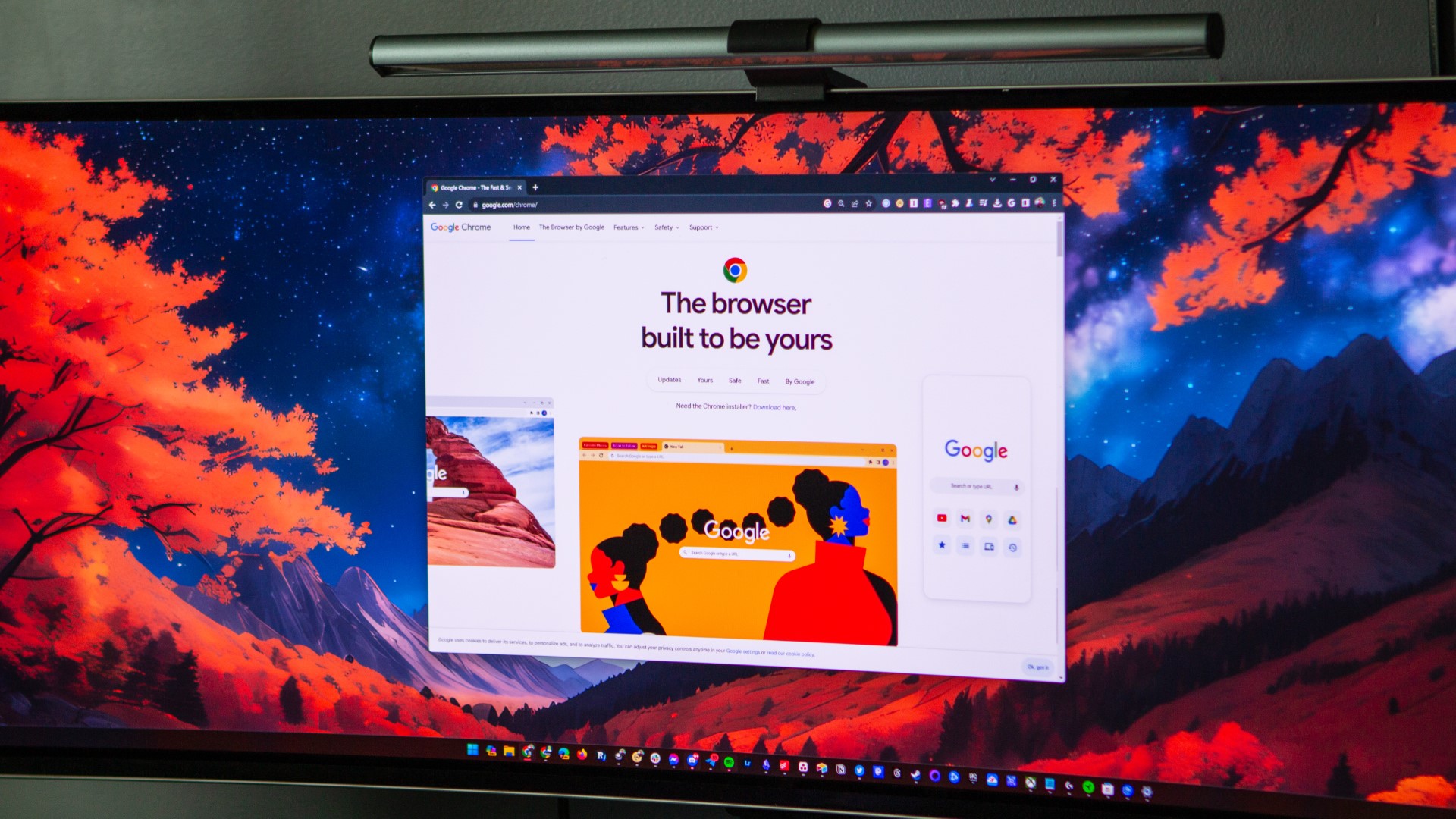Google is well-equipped with vast resources to dominate the AI landscape but continues to lag behind competitors like Microsoft and OpenAI.
What you need to know
- Google's cofounders envisioned it as an AI company at launch, and at some point even developed a DALL-E 3 iteration and AI-powered chatbot dubbed Lambda.
- The company veered off the mission after Alphabet's reorg in 2015, placing Sundar Pichai at the helm as the cofounders took a backseat.
- Google's recent attempts to venture into the AI space (Google AI Overviews) have received backlash from users for generating erroneous responses and recommendations.
Apple and Google are often considered late bloomers in the AI landscape compared to Microsoft which hopped onto the bandwagon and adopted the tech across its products and services. In the just-concluded antitrust case, Judge Amit Mehta ruled that Google is a monopolist in the search landscape due to its dominance in the category.
The company will likely appeal the antitrust ruling, pushing regulation measures beyond the horizon. Experts, including a former Google engineer, say the company has bigger fish to fry with OpenAI's SearchGPT tool than the antitrust monopolist ruling and regulation.
Google is vastly equipped with the data, talent, and computing resources to potentially compete with key players in the AI space like Microsoft and OpenAI neck and neck. However, its efforts and ventures in AI have been shot in the foot. For instance, Google's AI Overviews feature highlighted the company's unpreparedness to venture into the space after erroneously recommending eating rocks, and glue, and potentially even committing suicide.
Interestingly, when Google co-founders Larry Page and Sergey Brin launched the company in 1998, they envisioned it as an AI company. Gmail Creator Paul Buchheit recently touched base with the Y Combinator Startup podcast crew to shed more light on the company's founding mission and missed opportunities in the AI landscape, despite its vast resources (via Business Insider).
How Google missed opportunities in the AI landscape

Google Chrome running in Windows 11. (Image credit: Future)
Admittedly, Google's efforts in the AI landscape can't go unnoticed. Like its competitors, the company has an AI-powered chatbot dubbed Google Gemini (formerly Google Bard). It can generate content and works seamlessly with Google services like Gmail, Docs, and more to enhance productivity.
However, for more sophisticated and advanced features like advanced text generation and coding assistance, you'll need the $20 subscription for Gemini Advanced. Gemini Advanced competes with OpenAI's ChatGPT Plus and Microsoft's Copilot Pro.
As you may know, AI heavily relies on tools like Google for training. Based on this premise, Google should be at the forefront of this technology since it's well-positioned to leverage these resources. However, the company is unable to tap into these opportunities.



3175x175(CURRENT).thumb.jpg.b05acc060982b36f5891ba728e6d953c.jpg)
Recommended Comments
There are no comments to display.
Join the conversation
You can post now and register later. If you have an account, sign in now to post with your account.
Note: Your post will require moderator approval before it will be visible.